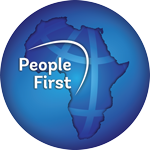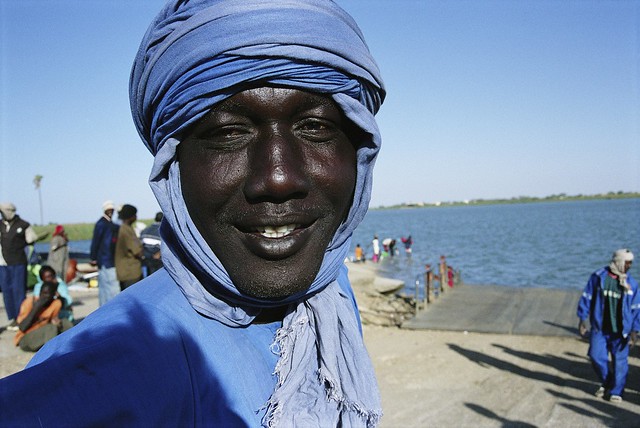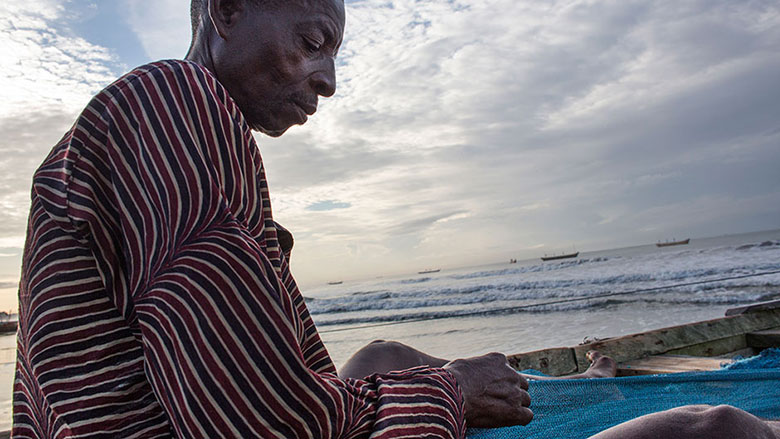Cameroon is a lower-middle-income country with a population of over 27.9 million (2022). Located along the Atlantic Ocean, it shares its borders with the Central African Republic, Chad, Equatorial Guinea, Gabon, and Nigeria. Two of its border regions with Nigeria (northwest and southwest) are Anglophone, while the rest of the country is Francophone. Cameroon is endowed with rich natural resources, including oil and gas, mineral ores, and high-value species of timber, and agricultural products, such as coffee, cotton, cocoa, maize, and cassava.
Political Context
The first regional elections were held in December 2020. The ruling party, the Cameroon People’s Democratic Movement (CPDM), won nine of the ten regions. These elections mark the start of the decentralization process provided for in the 1996 Constitution. The new regional councilors will work with the Ministry of Decentralization and Local Development to pave the way for the gradual transfer of power and the necessary funds to the regions.
Presidential elections are scheduled for October 2025. And while the question of a new candidacy for President Paul Biya is being raised, the opposition is discussing the possibility of a single candidacy.
Having enjoyed several decades of stability, Cameroon has in recent years been grappling with attacks by Boko Haram in the Far North and a secessionist insurgency in the Anglophone regions. Since September 2017, this situation has displaced more than one million internally and around 470.000 refugees have sought shelter in Cameroon. Following the resurgence of the crisis in the Central African Republic since January 2021, over 6,000 Central Africans refugees fled to Cameroon’s East region which was already hosting over 60 % of Central African refugees. According to the United Nations High Commissioner for Refugees (UNHCR) July 2024 figures, Cameroon is hosting over 472.000 refugees, primarily from the Central African Republic (73%) and Nigeria (26%).
Social Context
Poverty reduction in Cameroon has stagnated over the past 20 years, with approximately 4 in 10 Cameroonians living below the national poverty line. The household survey data from 2021-2022 suggests that 23.0% of the population lives below the extreme international poverty line with only $2.15 per person per day, adjusted for purchasing power parity (PPP).
Economic Overview
Cameroon’s economic recovery slowed down in 2023, with real GDP expanding by only 3.3%, down from 3.6% in 2022. Until the beginning of 2024, all estimates of real GDP growth in 2023 were around 4.0% but the latest national accounts of the last two quarters of 2023 showed a marked deceleration in growth. The weaker growth performance was witnessed across the primary, secondary, and tertiary sectors in a context of ongoing fiscal consolidation, higher domestic inflation and multiple sources of fragilities including internal conflicts.
Development Challenges
Ranked 140 out of 180 countries in the 2023 Transparency International corruption perceptions index, Cameroon suffers from weak governance, hindering its development and ability to attract investors
Last Updated: Oct 17, 2024










